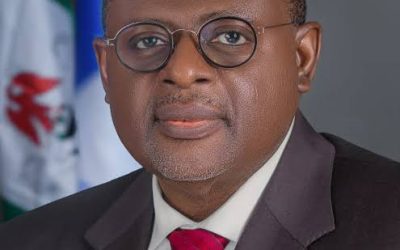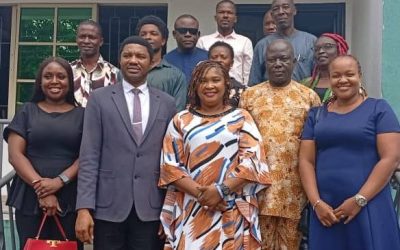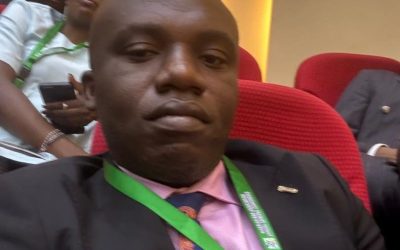
Day of the African child: Anambra School Unveils Philip Phinn African Cultural Day Initiative
By Ovat Abeng The 2025 edition of the Day of the African Child was marked in grand style at Irene Menakaya Schools, Onitsha, with the unveiling of the Rt. Hon. Prof. Philip Phinn African Cultural Day Initiative, a platform designed to spotlight the education and welfare of the Igbo child through global engagement and…




